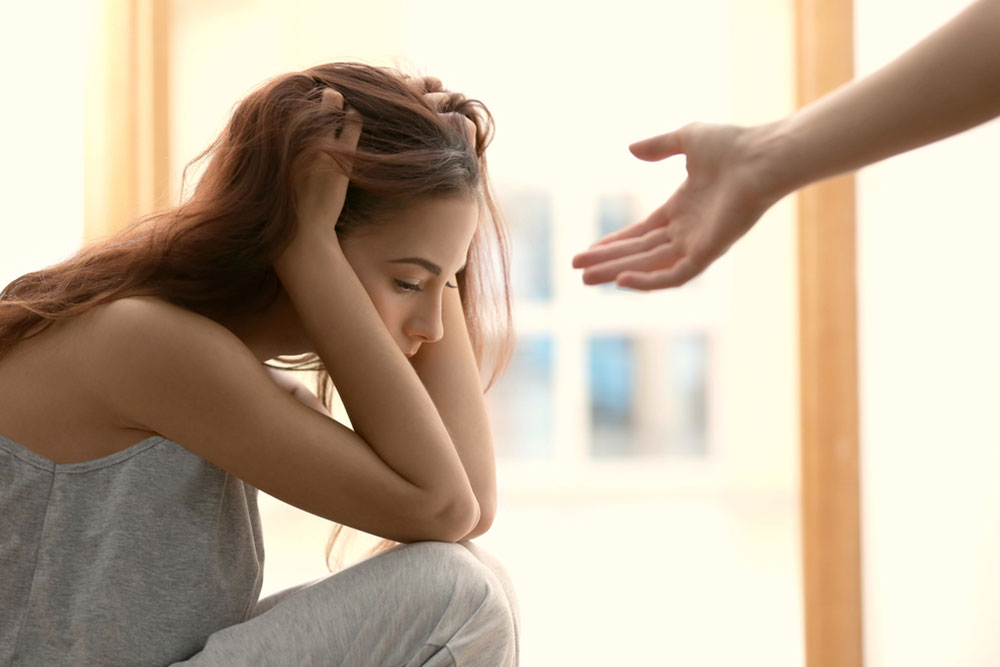A Quick Overview on Types of Depression
Depression is a state of mind where the feeling of low mood persists and has an effect on the way a person thinks, behaves, feels and senses his overall well-being. Temporary depression can be caused due to some life events such as loss of a loved one or caused by some physical ailments or as a side effect of certain medications or drugs. If such low moods continue over a very long time and start to show negative effects on the overall behavior and health of the person, it can be considered as a major depression and needs immediate medical help.

All depression types are not the same. The treatment also depends on the type of depression which is further decided based on the symptoms, severity and the duration of the illness. Some classifications of depression types are:
- Chronic depression (Dysthymia): This is a milder form of depression that is knowingly or unknowingly available in millions.
- Atypical depression: Although this kind of depression is common and temporary in nature, there may be no symptoms demonstrated by the sufferer.
- Manic Depression (Bipolar Depression): This is identified with symptoms which can range from extreme mood swings- elated highs (mania) to the major lows.
Disclaimer:
The content provided on our blog site traverses numerous categories, offering readers valuable and practical information. Readers can use the editorial team’s research and data to gain more insights into their topics of interest. However, they are requested not to treat the articles as conclusive. The website team cannot be held responsible for differences in data or inaccuracies found across other platforms. Please also note that the site might also miss out on various schemes and offers available that the readers may find more beneficial than the ones we cover.

